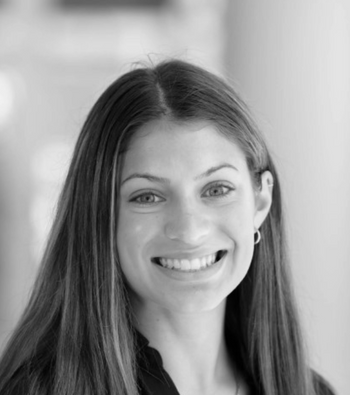University's DEI office maintains 'Becoming Anti-Racist Resource List'
An anti-racist resource list from Rutgers University's DEI office promotes the argument that people are responsible for racism simply because of their group identity.
The list features professor and author Robin DiAngelo, whose framework implies that people can be racist regardless of their intent and that people are responsible for the history of their racial group.
Rutgers University’s Division of Diversity, Inclusion, and Community Engagement maintains a “Becoming Anti-Racist Resource List.”
The list promotes writers and academics who argue that people are responsible for racism simply because of their group identity, an idea that has informed programs and practices on college campuses.
Diversity, equity, and inclusion (DEI) spending at Rutgers saw “massive increases” as New Jersey’s governor called for greater fiscal transparency from the state’s universities, according to a report from Campus Reform.
From FY22 to FY23, Rutgers’ expenses “related to the Senior Vice President of University Equity and Inclusion” jumped by 40.7 percent.
[RELATED: Syracuse University to hire at least four new DEI staff]
Within Rutgers’ DEI office is the Center for Diversity Education and Bias Prevention, which published the anti-racist resource list.
“Is Your University Racist,” “Teachers Are as Racially Biased as Everybody Else, Study Shows,“ and journalist Nikole Hannah-Jones’ “The 1619 Project,” published in The New York Times, are among the articles on the list.
One of the videos featured on the list is “Dr. Robin DiAngelo discusses ‘White Fragility.’”
While lecturing on her book White Fragility, the professor and author described an anti-racist framework that she suggested white people internalize. The framework implies that people can be racist regardless of their intent and that people are responsible for the history of their racial group–the central ideas of her work.
“I bring my group’s history with me. History matters. I might see myself as just an individual,” DiAngelo said as she named the framework’s principles. “The people of color in my life see me as a white individual. The question is not if but how. Nothing exempts me from the forces of racism. Whites are unconsciously invested in racism.”
DiAngelo’s ideas are not just recommended by DEI offices. Universities’ academic departments appear to have internalized her anti-racist framework by creating a “White Student Accountability Group,” according to Campus Reform.
In 2022, the University of South Carolina’s College of Social Work joined the University of California, San Diego, the University of Tennessee at Knoxville, and other universities in hosting such groups, which help white students examine their “responsibility” in racism.
The idea that people are defined by group characteristics–including that white people are inherently threatening or racist–has resulted in segregated housing and services on and near college campuses.
A “Person of Color (POC) Theme House“ in the University of California, Berkeley’s off-campus housing, for example, prohibited white visitors from entering common areas to “avoid White violence and presence,” according to a leaked photo shared by Campus Reform.
In the event that residents invited white guests, they abided by “a rule requiring tenants to warn each other.”
Campus Reform contacted Rutgers University and its Division of Diversity, Inclusion, and Community Engagement for comment and will update this article accordingly.

